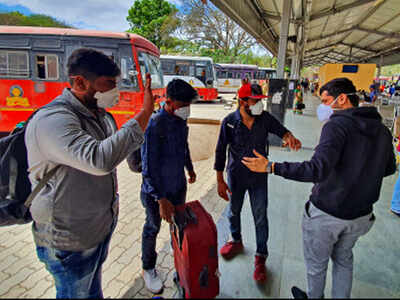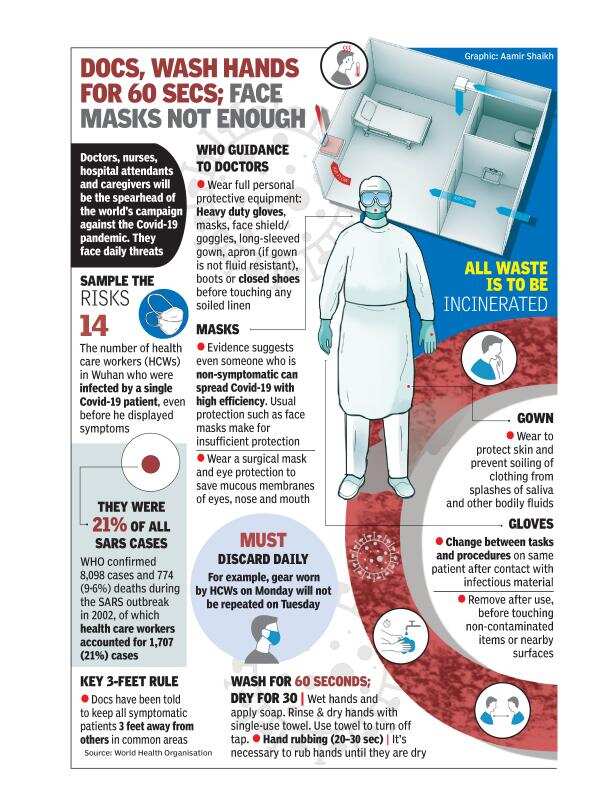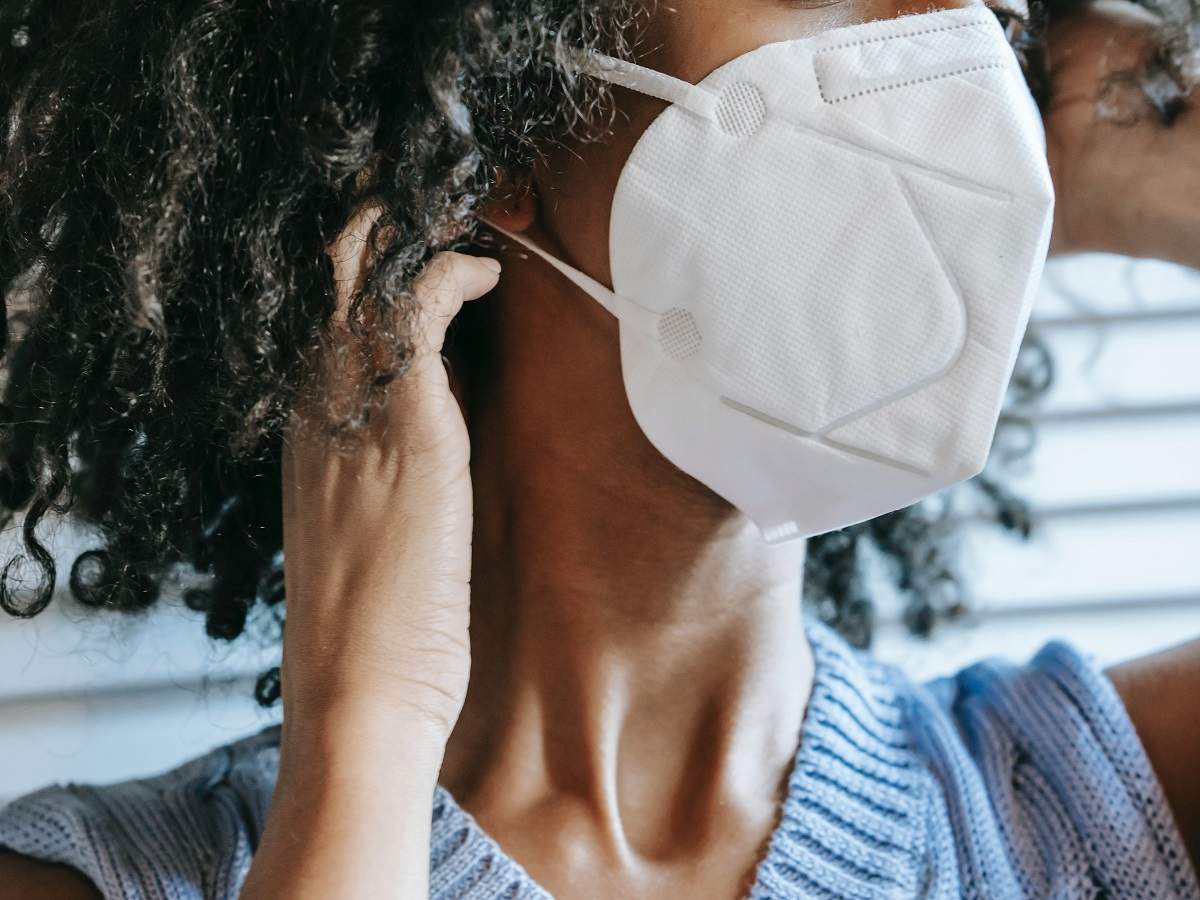
PUNE: Doctors and medical staff involved in the care of positive and suspected patients of coronavirus in Maharashtra cannot carry personal accessories including rings, bangles, wristwatches and cellphones while screening or when they are in close proximity with them.
An enhanced and stringent infection control healthcare policy has been enforced at isolation facilities across the state. The measures are designed to protect frontline health workers who are more at risk of contracting the contagion.
Twelve individuals tested positive for the Covid-19 infection in Pune, Mumbai and Nagpur between March 9 and March 12.

“The foremost thing is to protect our health staff and provide them adequate gear and knowledge so that they can confidently care for the suspected patients of Covid-19 during this crucial time. Hence, the stringent infection control policy is being enforced across the isolation facilities in Maharashtra,” state surveillance officer Pradip Awate told TOI.
Coronavirus outbreak live updates
A workshop for district surveillance officers, their subordinates and medical staff was conducted on the premises of the civil hospital in Pune on Thursday to sensitise each one about the measures they have to adopt to protect themselves and control the spread of coronavirus.
In China, where the virus was first discovered, protecting healthcare workers was a serious challenge. More than 3,300 nurses, doctors and other hospital staff members across the country were infected, many because of insufficient protective equipment. The World Health Organisation has advised health care givers to not neglect their own health.
The new infection control measures take into account minute things like not wearing hand accessories like rings, bangles, wrist watches and cellphones while screening as these items have high chances of getting contaminated with the virus smear during screening of an infected individual and can be potentially aid in infecting the health staff and those around him/her.
“We have demonstrated meticulous use of personal protective equipment that includes face mask/N95 mask, face shield, goggles, gown, apron, gloves, foot cover and head cover and their scientific disposal after use to the medical officers and their subordinates during the day long workshop,” Awate said.
The PPEs are single-use items. That means there has to be adequate supply of protective equipment for staff members and enough space to isolate suspected patients.
“Every item of the PPE is immediately discarded after the screening the suspected patient. The same PPE is not used for screening and isolating another suspected patient. Hence, scientific disposal is duly stressed upon in the infection control policy. We are also taking steps to preserve the supply of protective equipment, including limiting the number of people who enter a patient’s room to essential personnel only,” Awate said.
An enhanced and stringent infection control healthcare policy has been enforced at isolation facilities across the state. The measures are designed to protect frontline health workers who are more at risk of contracting the contagion.
Twelve individuals tested positive for the Covid-19 infection in Pune, Mumbai and Nagpur between March 9 and March 12.

“The foremost thing is to protect our health staff and provide them adequate gear and knowledge so that they can confidently care for the suspected patients of Covid-19 during this crucial time. Hence, the stringent infection control policy is being enforced across the isolation facilities in Maharashtra,” state surveillance officer Pradip Awate told TOI.
Coronavirus outbreak live updates
A workshop for district surveillance officers, their subordinates and medical staff was conducted on the premises of the civil hospital in Pune on Thursday to sensitise each one about the measures they have to adopt to protect themselves and control the spread of coronavirus.
In China, where the virus was first discovered, protecting healthcare workers was a serious challenge. More than 3,300 nurses, doctors and other hospital staff members across the country were infected, many because of insufficient protective equipment. The World Health Organisation has advised health care givers to not neglect their own health.
The new infection control measures take into account minute things like not wearing hand accessories like rings, bangles, wrist watches and cellphones while screening as these items have high chances of getting contaminated with the virus smear during screening of an infected individual and can be potentially aid in infecting the health staff and those around him/her.
“We have demonstrated meticulous use of personal protective equipment that includes face mask/N95 mask, face shield, goggles, gown, apron, gloves, foot cover and head cover and their scientific disposal after use to the medical officers and their subordinates during the day long workshop,” Awate said.
The PPEs are single-use items. That means there has to be adequate supply of protective equipment for staff members and enough space to isolate suspected patients.
“Every item of the PPE is immediately discarded after the screening the suspected patient. The same PPE is not used for screening and isolating another suspected patient. Hence, scientific disposal is duly stressed upon in the infection control policy. We are also taking steps to preserve the supply of protective equipment, including limiting the number of people who enter a patient’s room to essential personnel only,” Awate said.
Get the app









